We all face trauma, adversity, and other stresses throughout our lives. When people think of trauma, they often think of things like abuse, terrorism, or catastrophic events (big ‘T’ trauma). Trauma can also be caused by events that may be less obvious but can still overwhelm your capacity to cope, like frequent arguing at home or losing your job (little ‘t’ trauma). Trauma of any kind can be hard on your mental health but working on becoming more resilient can help you feel more at ease.
Tips For Healing
Process your thoughts. During and after experiencing trauma, it’s common to go into survival mode and not have energy to wrap your head around what happened. It may feel safest to bury painful feelings and avoid confronting them, but acknowledging what happened and how it has impacted you is an important part of healing. When you feel ready, take time to think about how you’ve been affected (and be proud of yourself for pushing through).
Connect with people. The pain of trauma can lead some people to isolate themselves, but having a support system is a crucial part of wellbeing. Emotional support helps us to feel less alone or overwhelmed by what’s going on or has happened in our lives. Talking to someone who has gone through a similar experience or someone who cares about you can be validating – and help you feel more able to overcome the challenges you’re facing.
Don’t compare your experience to others. We often question our own thoughts or experiences, and you may convince yourself that what you experienced wasn’t a big deal because “others have it worse.” Everyone experiences trauma differently, and no one trauma is “worse” than another. If it hurt you, then it hurt you – and your feelings and experiences are valid.
Take care of your body. Stress and trauma impact your body and physical health just as much as your mind. Listening to your body and giving it what it needs will help you heal. This includes eating a nutritious diet, getting enough sleep, staying hydrated, and exercising regularly. Moving your body is especially helpful in trauma healing1 – aim to do it every day, even if it’s only a few minutes of stretching.
Know it will take time. There is no set timeline for how you “should” heal. Remove the pressure of needing to bounce back quickly and focus on taking it one step at a time. Remember: recovery isn’t linear, and it’s normal to have bad days and setbacks. It doesn’t mean you’re failing – it’s just part of the process.
Give yourself grace. Dealing with trauma and stress is no easy feat, but it’s still common to get frustrated with yourself and what can sometimes be a slow recovery process. Try to catch when you hold yourself to unreasonable standards – instead of angrily asking yourself “why am I acting like this?!”, think about how impressive it is that you keep going, despite what you have faced.
Don’t feel ashamed to ask for help. It’s easy to compare how you’re feeling to how you assume others who have been through similar experiences are feeling, and you may get down on yourself because it seems like everyone else is doing just fine. What others experience and how they cope doesn’t matter in your journey – if you feel like you need (or want) help, it’s important to get that as soon as you can.
[Originally written by Mental Health America for Mental Health Awareness Month]





